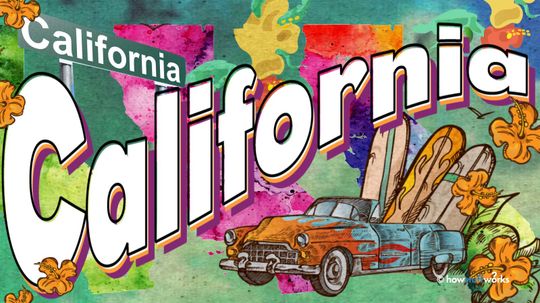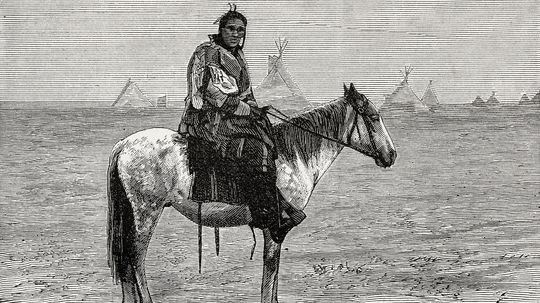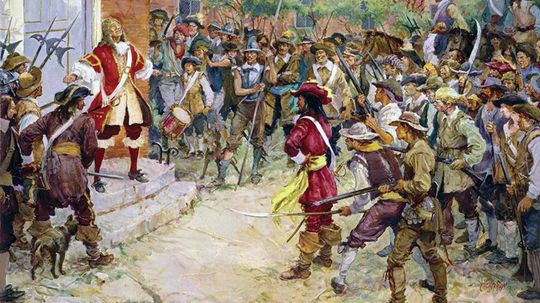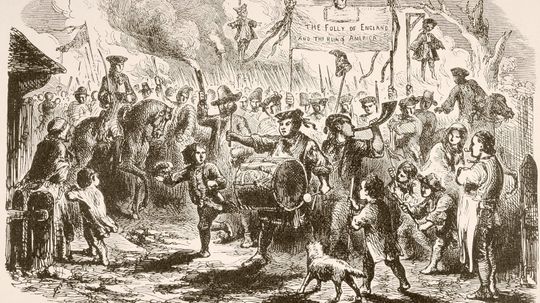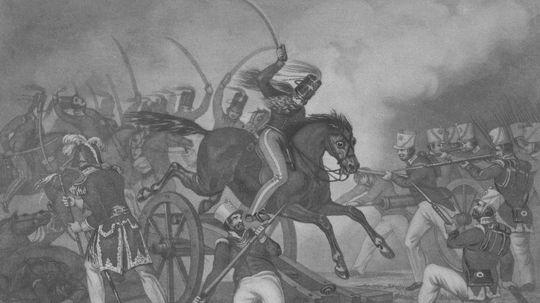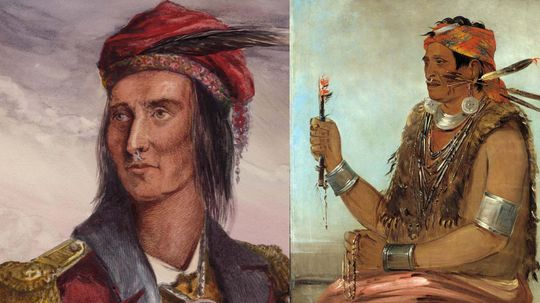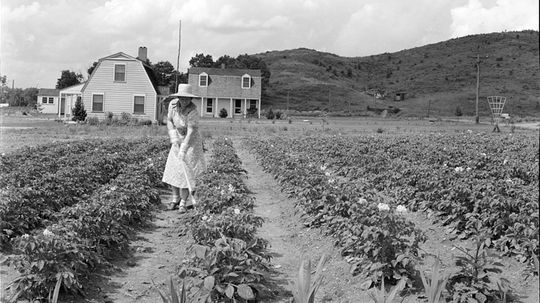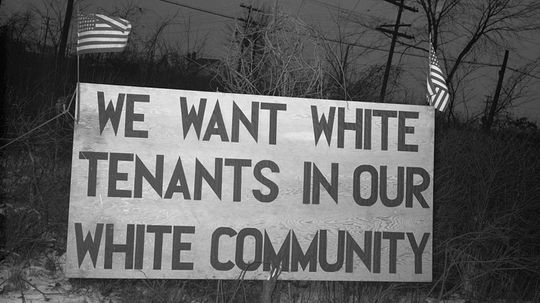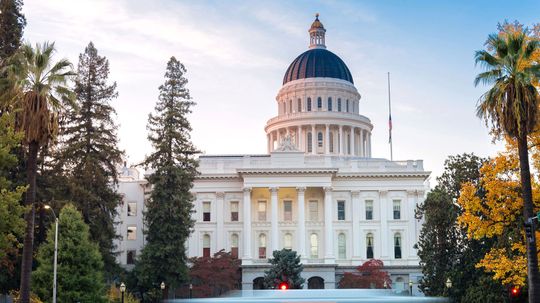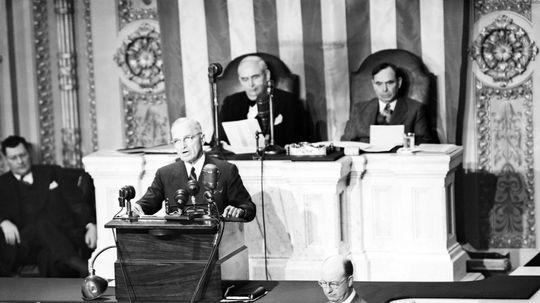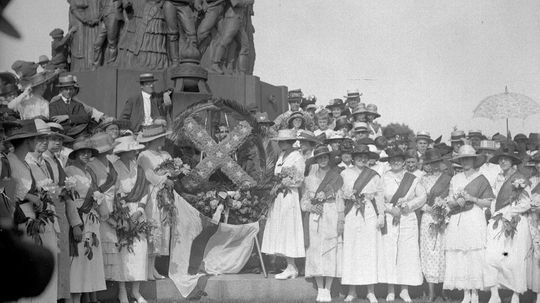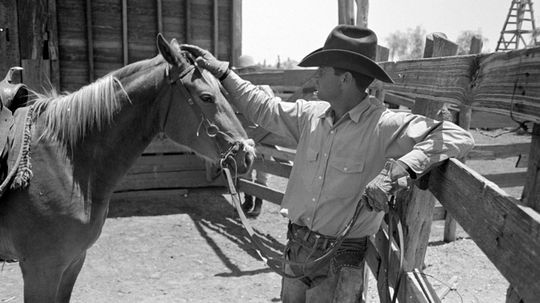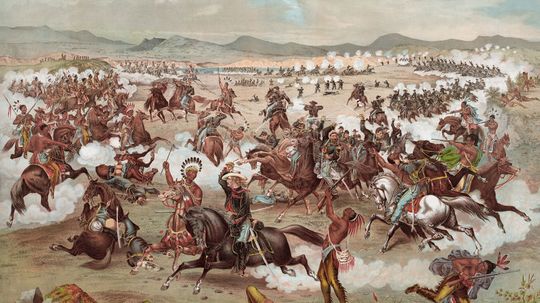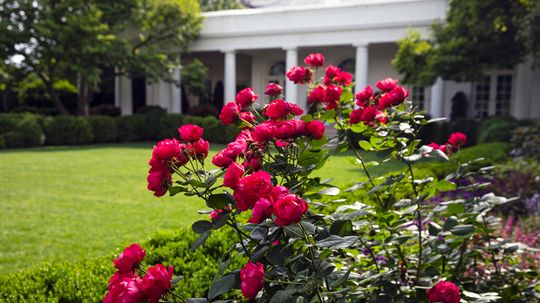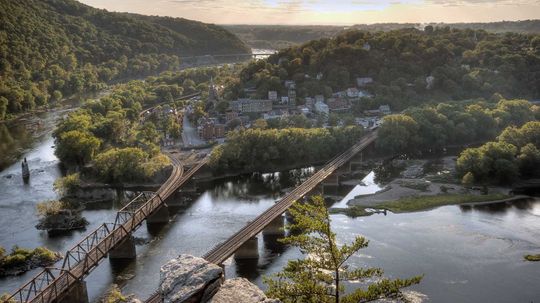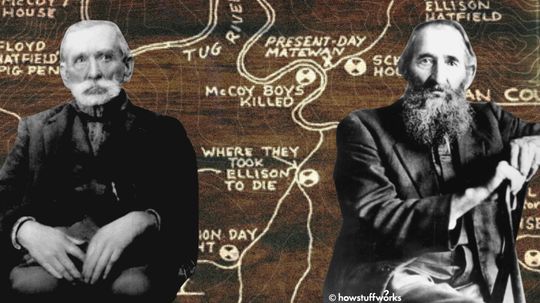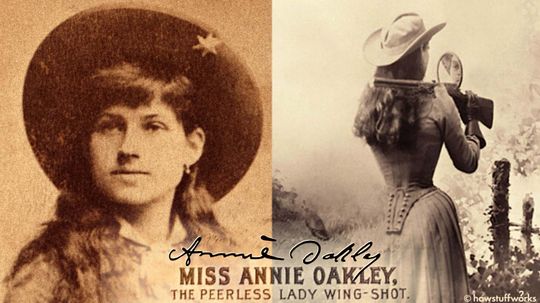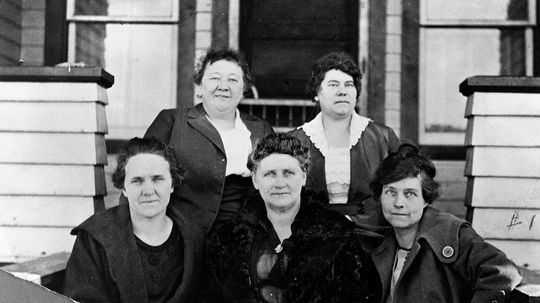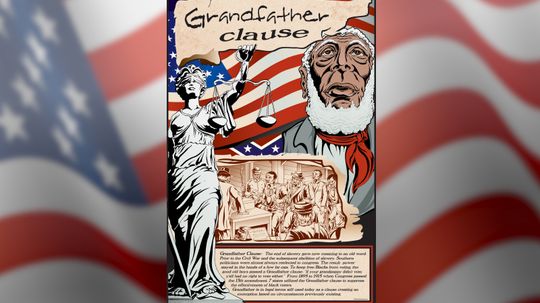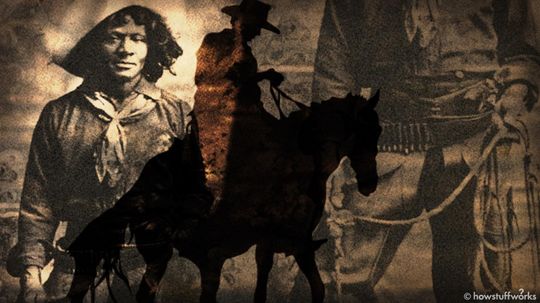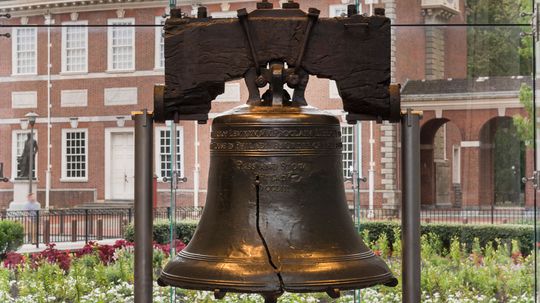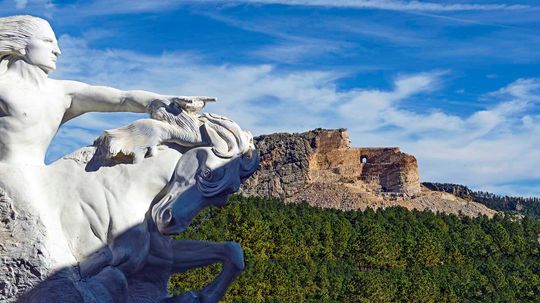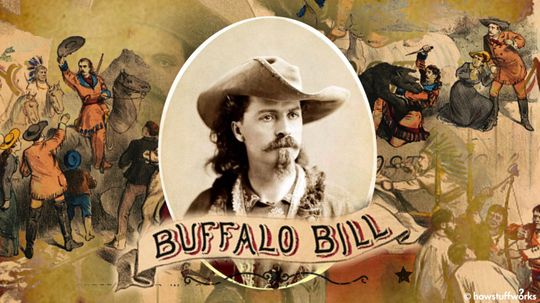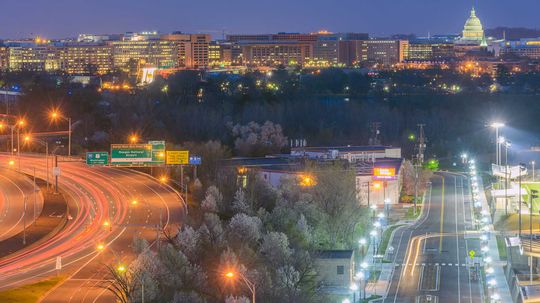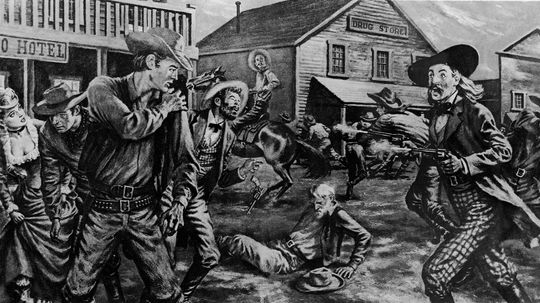American History
Explore the development of the United States with this collection of articles about American history. Topics in this section include the American Revolution, the gold rush and the expansion of the West.
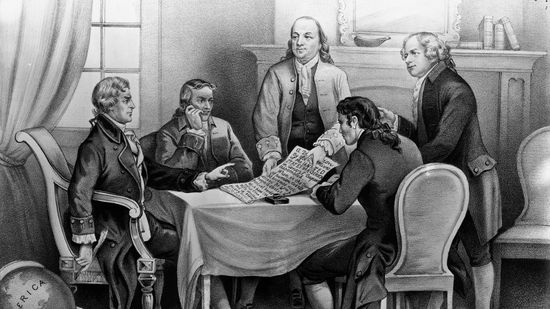
How the Great Compromise Saved a Fledgling United States
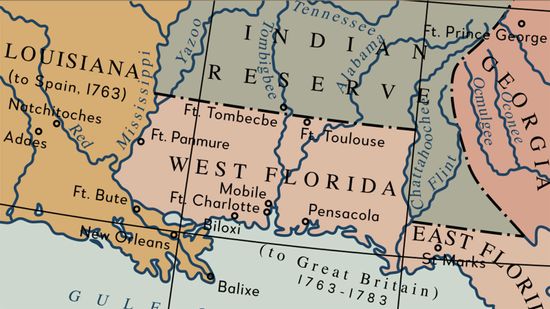
These 6 U.S. States Once Declared Themselves Independent Nations
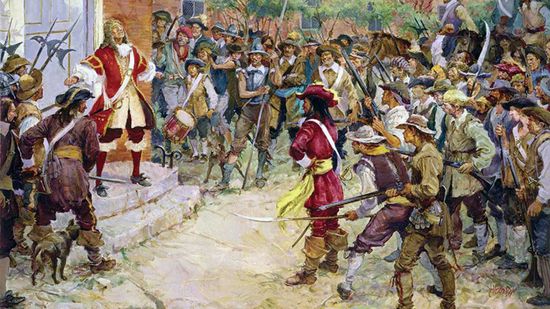
Bacon's Rebellion: America's First Armed Insurrection
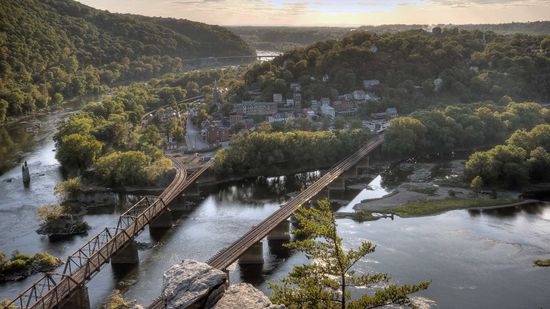
Harpers Ferry Has a Complex and Dizzying History
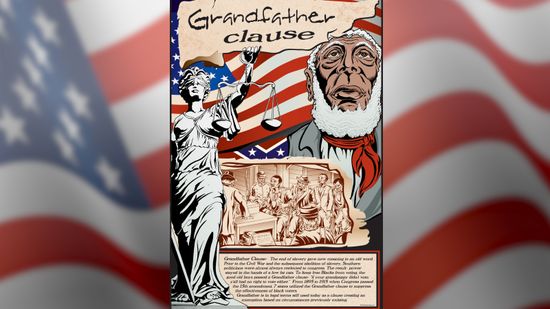
The Racial History of the Term 'Grandfathered In'
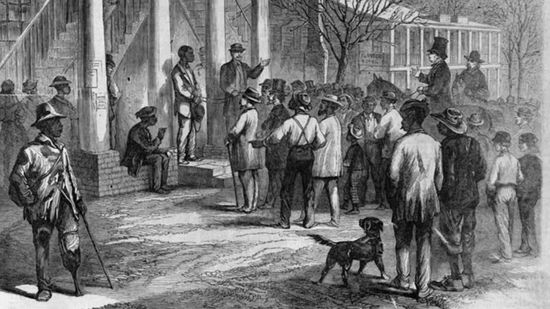
Slavery Under Another Name: What Were the Black Codes?
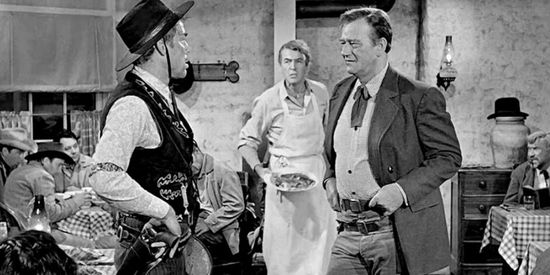
A Roundup of Some of the Wildest Characters in the Wild West
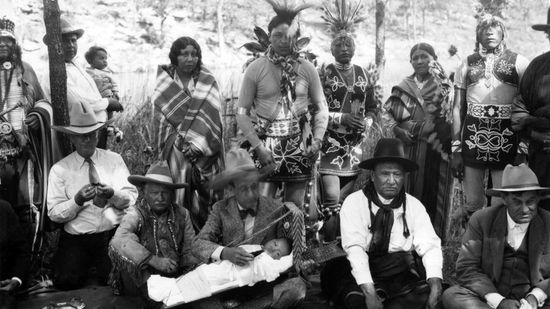
Reign of Terror: The Forgotten Story of the Osage Tribe Murders
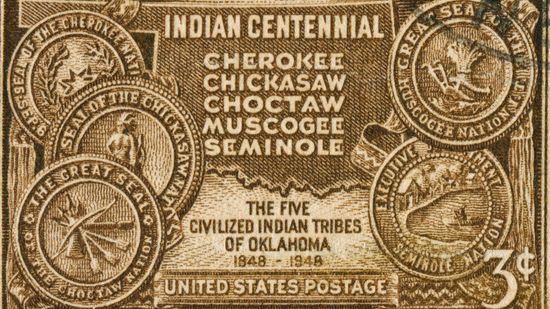
Which Native American Nations Were the 'Five Civilized Tribes'?
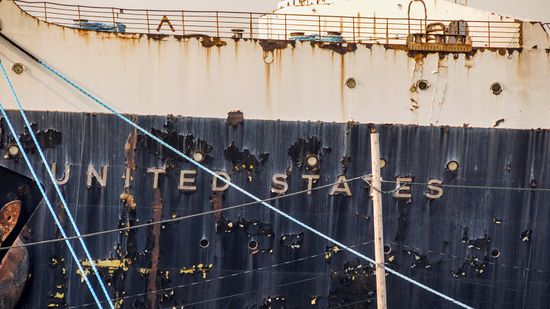
SS United States: Dock in Disrepair or Sink as Reef Fodder?
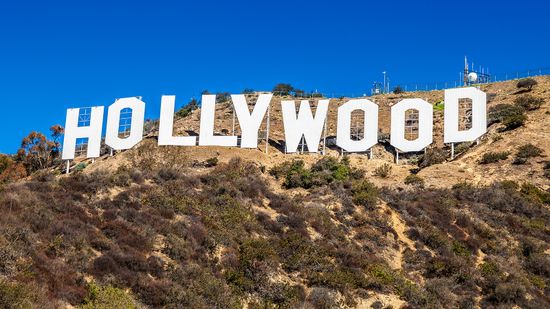
Stardust and Scandal: The Hollywood Sign Turns 100
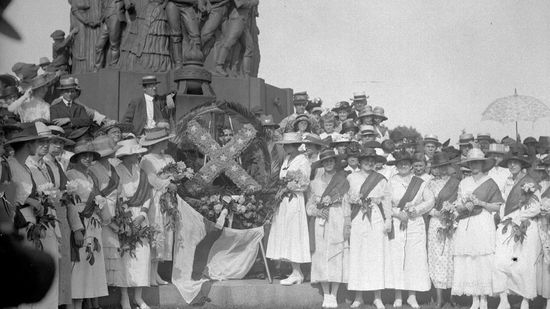
5 Events in Black History You Never Learned in School
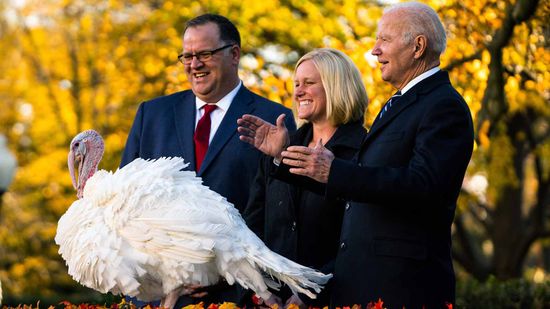
Why in the World Do U.S. Presidents Pardon Turkeys?
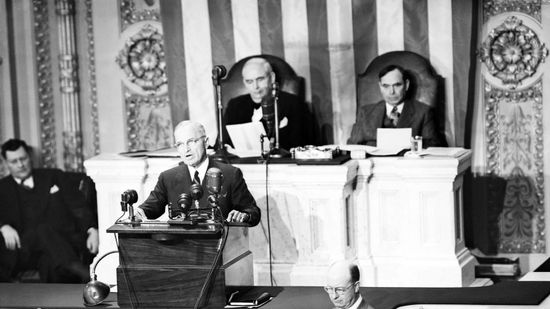
The Truman Doctrine Transformed U.S. Foreign Policy Forever
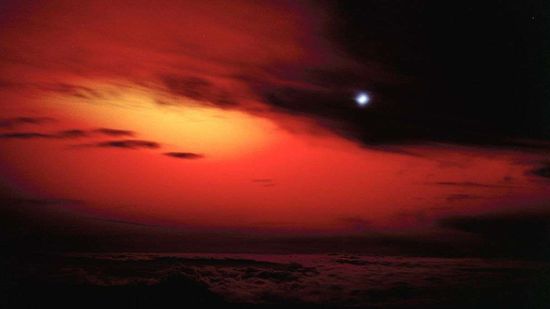
Ridiculous History: H-Bombs in Space Caused Light Shows, and People Partied
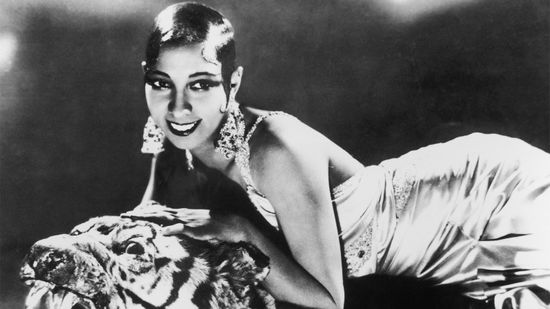
How the Harlem Renaissance Sparked a New African American Identity
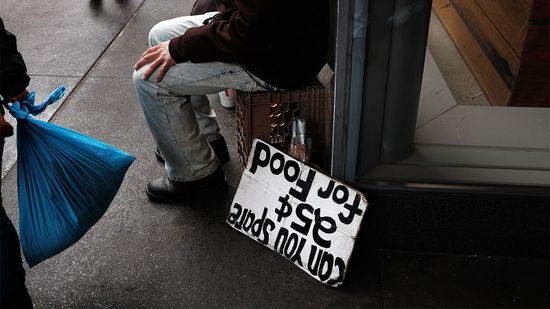
5 Causes of the Great Depression: Could It Happen Again?
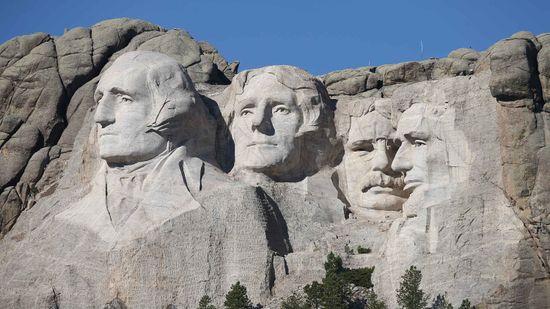
What's Inside Mount Rushmore's Not-So-Secret Chamber?

10 Least Diverse States in the U.S.
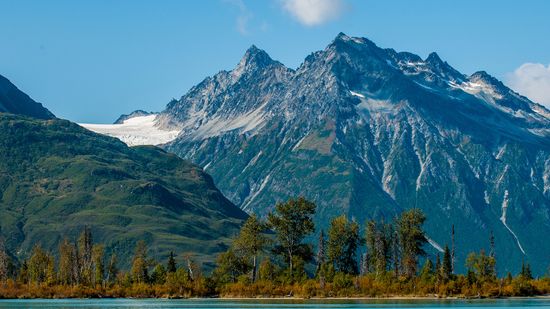
14 Least Visited National Parks in the United States
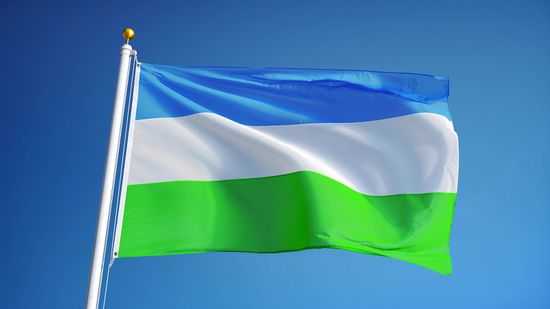
Is Molossia a Real Country? Well, It's Not a Sovereign Nation
Learn More / Page 3
Surfboards, huarache sandals and endless sunshine? Yes. But throw in some Conquistadors, a trashy Spanish novel, Black Amazons, mythological creatures and, of course, Charlemagne and - voilà - the name "California" is born.
An alliance between well-meaning social reformers and land-hungry farmers resulted in a federal act that caused Native Americans to lose millions of acres of land they had once owned. Here's what happened.
By Dave Roos
Nathaniel Bacon led an armed rebellion in 17th century Colonial America against Gov. William Berkeley. The rebellion was brief but its ramifications changed the course of American history.
Advertisement
The British imposition of the Stamp Act in 1765 drew street demonstrations against the new law in the American colonies, resulting in its eventual repeal.
By Wendy Bowman
This war fought between the U.S. and its neighbor to the south is one of the bloodiest in America's history. So why is it so often forgotten?
By John Donovan
Some consider Shawnee leader Tecumseh to be one of the most remarkable Native Americans in history. He stood not just for the Shawnee. He stood for all Native Americans.
By John Donovan
President Abraham Lincoln signed into law that any person in the U.S. could have free land - 160 acres in fact. But there was a catch.
By John Donovan
Advertisement
These towns, with all-white populations, may not be as blatant about their racism as they once were. But they're still here and being forced to face their ugly truth.
By John Donovan
Every state has a capital city, which houses the government where all the legislative action happens. How much do you know about these capitals? Take our quiz to find out!
By Alia Hoyt
Discover how the 1947 Truman Doctrine shifted the U.S. from isolationism to a policy of containing communism, reshaping international relations during the Cold War.
By John Donovan
Despite having a designated month for Black history, most students in the U.S. aren't taught about some of the most important people and events in Black history. Here are five that you probably never learned in school.
By Sarah Braud
Advertisement
Many might think of cowboys as quintessentially part of the American fabric. And they are. But cowboys aren't an American phenomenon and they certainly didn't get their start in the U.S.
By John Donovan
The Battle of Little Bighorn, where Gen. George Custer took his 'last stand' was no tale of bravery or military strategy. But beer ads and wild west shows transformed it into a mythical story of 'good' versus 'evil.'
By Dave Roos
The White House Rose Garden has been the scene of many history-making events, but the story of its creation is a fascinating tale in itself.
By Wendy Bowman
Harpers Ferry is known as the spot where John Brown launched his disastrous slave rebellion. But why was this town also a transportation and ammunitions powerhouse?
By John Donovan
Advertisement
The Hatfield and McCoy family names are recognized for one thing: fighting for decades between them. But what were they so angry about and why so many years of feuding?
By John Donovan
Annie Oakley got her gun and used it to become the leading lady of the American West. She could outshoot and outride most male cowboys of her time. And she did it all while in a Victorian dress.
By John Donovan
In 1920, a group of women established an all-female government in the town of Jackson, Wyoming. And it ran like a top.
While it often evokes the image of a gray-haired, old gentleman let off the hook because of his age, the intention behind the term "grandfathered" came from origins far more sinister.
By Katie Carman
Advertisement
In the early 18th century, Black cowboys were the only cowboys in the West. That's because white men didn't want to do the work. So why hasn't their story been told?
By John Donovan
Older than the founding of the United States, the Liberty Bell has endured as a symbol of freedom for many Americans, even though that was not its original role. It wasn't even called the Liberty Bell for some 80 years after its creation.
More than 70 years ago, Oglala Lakota Chief Henry Standing Bear dedicated Thunderhead Mountain as the site of the Crazy Horse Memorial. The monument to honor North American Indians is still under construction.
By John Donovan
William "Buffalo Bill" Cody was an American soldier, bison hunter and frontiersman. But he's perhaps best-known for being a showman and running Buffalo Bill's Wild West show.
By John Donovan
Advertisement
The residents of the U.S. capital pay taxes, serve in the armed forces and contribute to America's economic strength but have no voting representation in Congress. Many Democrats want to change that.
The Wild West is the stuff of legends, lore and awesome John Wayne movies. How much do you know about the days of saloons and standoffs?
By Alia Hoyt
